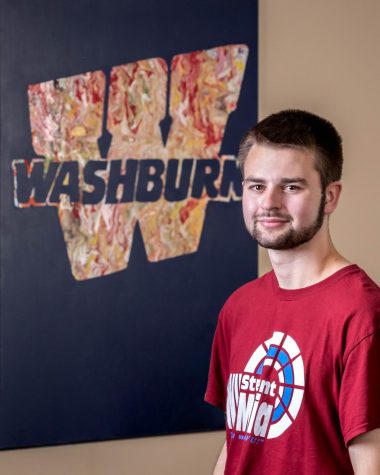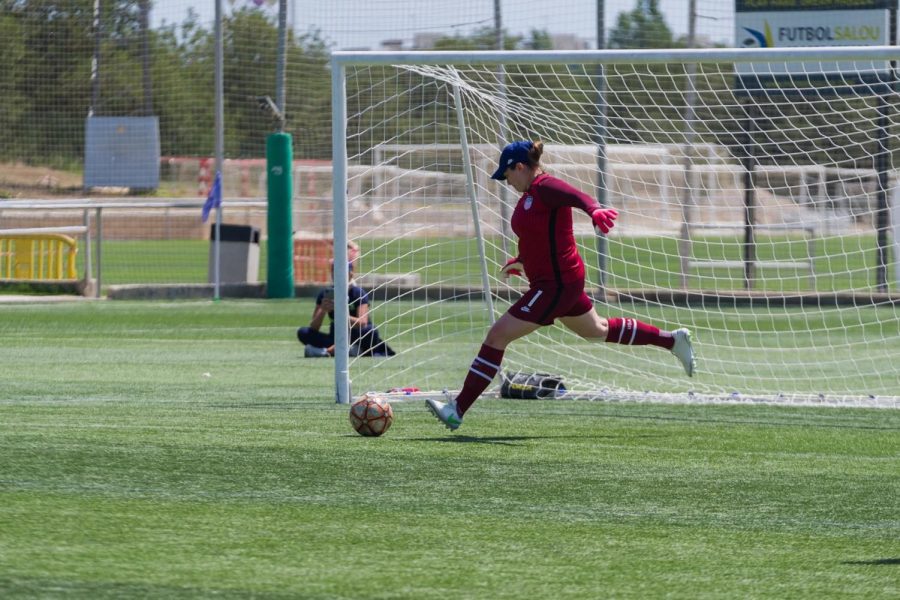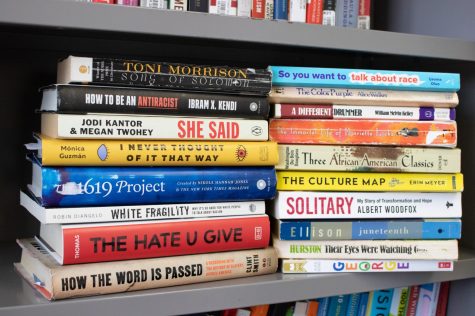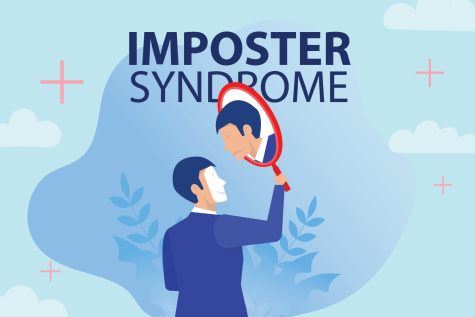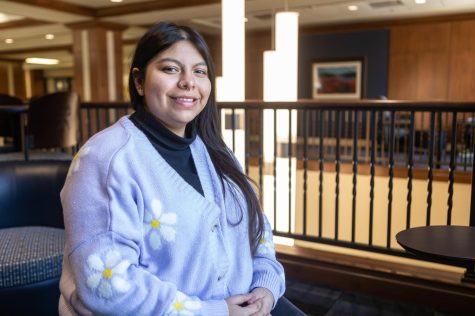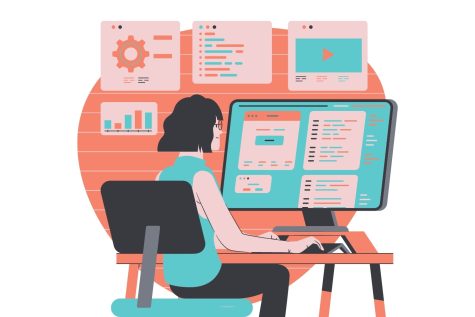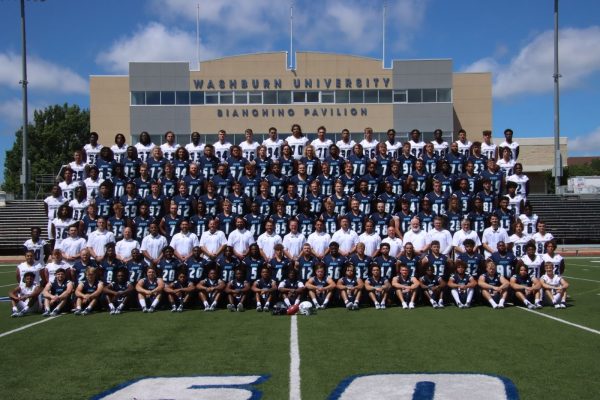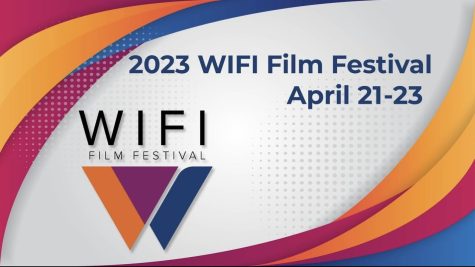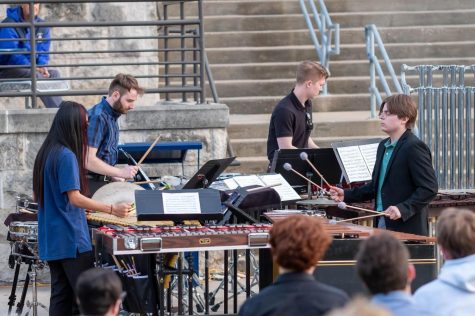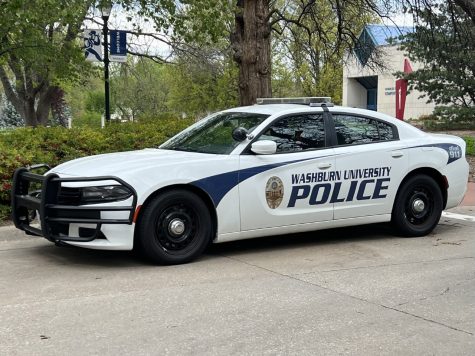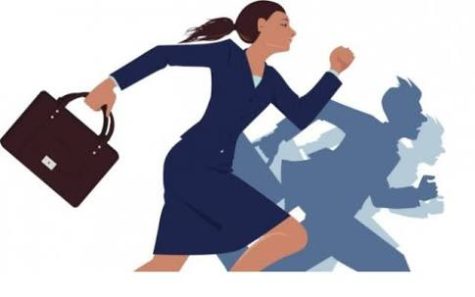Emily Lauritsen: Unstoppable
Indigo Magazine
Emily Lauritsen was having the time of her life in May 2022, playing soccer in Spain with the letters USA across her chest. It was an experience she wouldn’t trade for anything, but to get there she nearly lost everything. That is because in November 2020, Lauritsen suffered a stroke at just the age of 30.
Twenty months later, the Washburn law student and former high school soccer player was hoisting the first-ever International Federation of Cerebral Palsy Football World Cup trophy as a member of the U.S. Para Women’s National Team.
Emily, a native of Omaha, Nebraska, had never played goalkeeper before doing it in the World Cup. After making the team in April, she only had a few weeks to prepare.
“I had kind of given up on the idea of playing in college or at any other level, and then having my stroke, and then being able to start playing again competitively, and then on the international level… It’s just kind of surreal,” Emily said.
Like most challenges throughout her journey, she met it head-on as the team outscored its opponents 39-3 over five matches where they had a 4-0-1 record.
Emily’s biggest challenge came in November 2020 and was one she could not play keeper against. In the middle of the night, she suffered a superior sagittal sinus thrombosis stroke, caused by a blood clot in a vein in her head. This type of stroke is rare for anyone to have, especially someone as young as Emily.
After weeks of headaches and visits to urgent care facilities and the ER, she experienced a grand mal seizure in the middle of the night. The seizure was what led to the discovery of the stroke. Britt Lauritsen, Emily’s wife and former assistant athletic director at Washburn, called an ambulance and the two were rushed to the ER.
“Around 6:45 a.m. they were working on discharging her. And then there was a shift change at 7 a.m., which is literally what saved her life. Like, no doubt about it: had they sent her home, she would not have made it back to a hospital,” Britt said.
After securing a bed in the stroke unit of the ER, the next 48 hours became some of the darkest of their lives with the uncertainty of just how serious the stroke was and the long-term effects it might have. Britt was concerned that her wife might lose the ability to walk or communicate like she had been able to since the two met in 2015.
For a while, communicating was a struggle for Emily as she began her long road to recovery.
“I have just small flashes of memory. Almost the entire month of October 2020 through February of 2021… It’s just like, small little snippets,” Emily said.
Emily’s time in the hospital stroke unit was followed by two weeks in the Kansas Rehabilitation Hospital, where she began inpatient physical therapy. During that time, Emily tested positive for COVID-19, which became another obstacle that she would eventually clear with the help of therapists working in full personal protective equipment.
Shortly after being cleared out of inpatient recovery, she began outpatient physical therapy, which lasted until August 2021. After difficult experiences with doctors and therapists (who were more “transactional” as both Lauritsens described it), Emily was grateful for her outpatient physical therapy experience.
“They changed my life. They completely changed my perspective. They encouraged me in a way that helped me, rather than just seeing me as another patient that they had to see,” Emily said.
The encouragement from inside and outside the hospital helped Emily get through long days as she began to work on improving her coordination, mobility and hand movements.
“I would some days have physical therapy, occupational therapy and speech therapy all back to back. And I still had headaches at that point. I was just exhausted by the end of it,” Emily said.
The exhaustion soon turned into motivation for Emily, who created a new goal for herself in spring of 2021. She wanted to run a half-marathon.
After completing physical therapy in August, Emily Lauritsen completed her first half-marathon in October, and then another in January 2022. As she blew past finish lines, she in turn was blown away by the support that was with her each step of the way.
The phrase “we can do hard things” comes from author Glennon Doyle, whom Britt and Emily are both fans of, and it was used as a rallying cry from Emily’s time in the hospital all the way to Spain. The phrase would eventually be donned on shirts worn by student-athletes from every team at Washburn.
“All of them got ‘we can do hard things’ and ‘Team Emily’ shirts, and just were so supportive of me. I think that show of support back to me was really motivational,” Emily said.
At the same time she completed physical therapy, Emily returned to school in the fall of 2021 to finish classes that were left incomplete from the fall of 2020. Her initial return to law school was one of the harder adjustments to make.
Trying to find a balance with how much she could study before becoming fatigued was a struggle. Being viewed as inspirational just for attempting to come back was not enough for Emily, and the time it took to re-adjust was difficult.
“I was kind of like, ‘now I feel dumb for even trying to come back because I feel like I’m not even being successful,’” Emily said. “Now that I’ve kind of learned that new recipe for how I learn, I’m successful, but there was a point where I was like, ‘I should just quit, I shouldn’t even try to be a part of society, I can’t contribute in a meaningful way anymore.’”
Her expected graduation date was pushed back to summer 2023, after which Emily hopes to find a career that uses her degree to help people who need it. In the past, she worked as a licensed addiction counselor and overnight at the YWCA shelter. Those experiences inspired her to begin law school so she could find a more impactful way to help the people she was working with.
After her stroke, Emily sees more opportunities for working with people who have disabilities or within athletics.
“Since my stroke, a lot of my interests are starting to blend into this new perspective and I’m seeing opportunities that I didn’t see before. I think they [the interests] were almost siloed before my stroke,” Emily said.
One of those interests is soccer, which is why both Emily and Britt agreed that getting to play soccer again together was one of their favorite things to do throughout the recovery. When Britt saw a tweet from Becky Sauerbrunn, a U.S. Women’s National Soccer Team member, advertising an open tryout for the Para team, she began convincing Emily. There were some concerns from Emily, but eventually the plan was set into motion.
“I think that was kind of the tipping point for me. If I go and I’m horrible, that’s fine because I’ll at least be able to be around people that have similar experiences,” Emily said. “That’s what ultimately kind of convinced me. That’s all thanks to Britt for sure.”
After a series of video tryouts recorded at home and submitted to organizers, Emily was a World Cup soccer player.
“It confirmed for me and helped me see how much progress I’ve made. I’ve really struggled with seeing my progress, and I kind of focus more on what I’ve lost since the stroke,” Emily said. “In my short time with the soccer team, I was able to be unapologetically myself. I didn’t have to feel like I was hiding my disability.”
Almost 20 months after her stroke, Emily remains officially diagnosed with chronic fatigue syndrome, which primarily affects her balance and communication. While she continues to recover, Emily is thankful for the opportunity to play professional soccer.
“I’m really just trying to relish every little thing, even if it’s technically a deficit,” Emily said.
Even if there isn’t an easy path going forward in the soccer or professional world, Emily Lauritsen has shown that she can do hard things.
Your donation will support the student journalists of Washburn University. Your contribution will allow us to purchase equipment and cover our annual website hosting costs.
